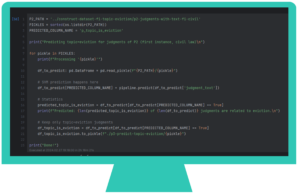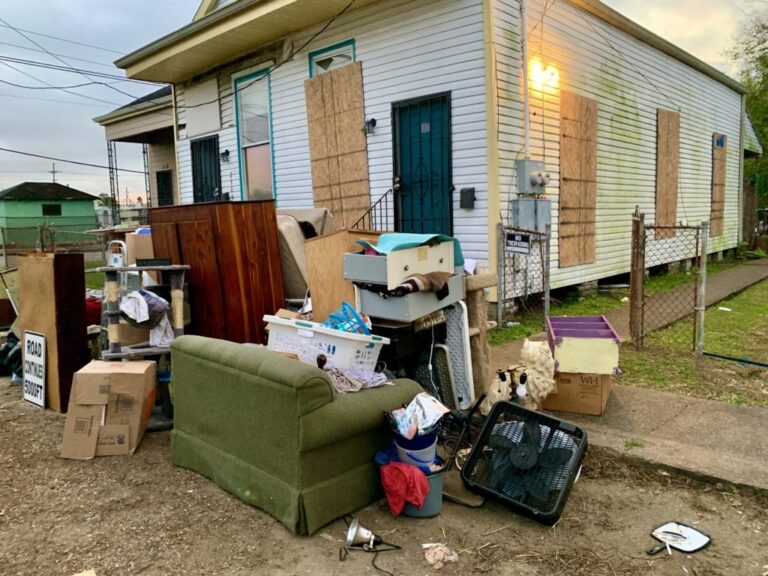Understanding the Impact of Housing and Property Rights in Dutch Eviction Cases
PROHOUSE
A RESEARCH PROJECT FUNDED BY THE DUTCH NWO TALENT PROGRAMME (VENI).
This research is conducted by Dr Michelle Bruijn
The PROHOUSE project wants to understand the impact of housing and property rights in Dutch eviction cases
PROHOUSE is a three-year research project funded by the Dutch NWO (Veni). It assesses and explains the extent to which Dutch courts protect citizens from eviction and the impact the rights to housing and property have on judicial decision-making in Dutch eviction litigation. PROHOUSE moves beyond prior research by using innovative machine learning techniques for identifying and analysing eviction judgments and measuring impact.
In four subprojects, I:
- determine the scope and interpretation of the international rights to housing and property in the context of evictions. (Project 1)
- use Machine Learning to identify and explain the factors that influence judicial decision-making in Dutch eviction litigation. I automate identifying and annotating judgments, identify predictors for court decisions, and analyse whether these predictors reflect the rights to housing and property, focusing on private law (Project 2) and administrative law evictions (Project 3).
- develop a tool named Phria (Property and Housing Rights Interference Alert) to help stakeholders (e.g., evictees, property owners) understand eviction judgments and the role of housing and property rights. (Project 4)
PROHOUSE achieves a breakthrough in understanding judicial decision-making in eviction cases, which is urgently needed to advance the field of housing law and to understand and explain human rights compliance.
right to housing; right to property; evictions; judicial decision-making; legal research; machine learning

WHY EVICTIONS?
Imagine being forced to leave your home – a place that provides security and a sense of identity – and having to confront the uncertainties of homelessness or dependency on others. This is the harsh reality for thousands of individuals in the Netherlands each year. Evictions – the involuntary removal from one’s home – profoundly disrupt physical and mental well-being, economic stability, and family dynamics. Despite these severe ramifications, eviction remains a common tool wielded by landlords and municipal authorities, raising pressing questions about the protection of human rights, such as the right to housing and the right to property.
